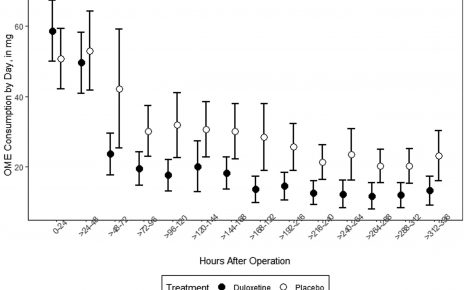Many male survivors of childhood cancers want kids themselves but about 1 in 4 don’t fulfill this desire, an analysis of Dutch men found.
Although the overall desire for children was lower among cancer survivors compared with their siblings, the likelihood that a desire for kids would go unfulfilled was nearly 5 times higher among cancer survivors.
The findings indicate that, among male survivors of childhood cancer, “counseling focusing on fertility‐preserving options are important,” the authors said.
The study was published online last month in the journal Cancer.
Research shows that cancer treatments for prepubescent boys leave many infertile. For instance, about 20% of male childhood cancer survivors do not have sperm in their semen — a condition known as azoospermia that often leads to infertility.
Still, it’s unclear whether childhood cancer survivors want to have their own children later in life.
Researchers in the Netherlands conducted a nationwide study in male childhood cancer survivors to compare their desire for children with that of their male siblings who had no history of cancer.
A total of 1317 male childhood cancer survivors and 407 male sibling controls completed a questionnaire between 2013 and 2015 addressing their desire for children. Participants were at least 18 years of age. The researchers also looked at participants’ marital status, level of education, employment status as well as diagnosis type and age at diagnosis.
The authors found that fewer male cancer survivors were married compared with siblings (47% vs 57%) and had fewer biological children (24% vs 39%).
Overall, fewer cancer survivors had a desire for children compared with their siblings (74% vs 82%; odds ratio [OR], 0.62; P = .001). However, after adjusting for marital status, level of education, and employment status, the difference diminished (OR, 0.83; P = .250).
“The difference between the desire for children in male survivors and their siblings was partially explained by sociodemographic factors,” said lead author Joyce Claessens, MD, of Radboud University Medical Center, Nijmegen, the Netherlands. “It is important to realize that survivors are less likely to be in a relationship, and more often unemployed and have a low level of education and that these factors can affect a person’s desire for children.”
The authors also found that significantly more childhood cancer survivors had an unfulfilled desire for children (25% vs 7% of siblings). And the probability of dealing with an unfulfilled desire for children was nearly five times higher in cancer survivors vs siblings (OR, 4.90). This finding held, even after adjusting for marital status, level of education, employment status, and age at which participants completed the questionnaire.
This unfulfilled desire varied by the type of cancer treatment participants had undergone as children. Cancer survivors who were treated with a combination of chemotherapy and radiotherapy were more than twice as likely as those who received chemotherapy alone to have an unfulfilled desire for children (OR, 2.20).
The authors highlighted several limitations to their analysis. The data, for instance, were obtained nearly a decade ago and, in that time, fertility preservation and reproductive medicine have advanced.
The authors noted that this is the first study to report on the desire for children among male childhood cancer survivors and warrants follow-up that includes more recent data and addresses why some men decided not to have children.
“Gathering more insight into a survivor’s desire for having children is important for the understanding of the needs and experienced problems of survivors regarding family planning,” Claessens said.
This study was funded by the Dutch Cancer Society. The authors declare no relevant financial relationships.
Cancer. Published online March 7, 2023. Full text
For more from Medscape Oncology, join us on Twitter and Facebook
Source: Read Full Article



